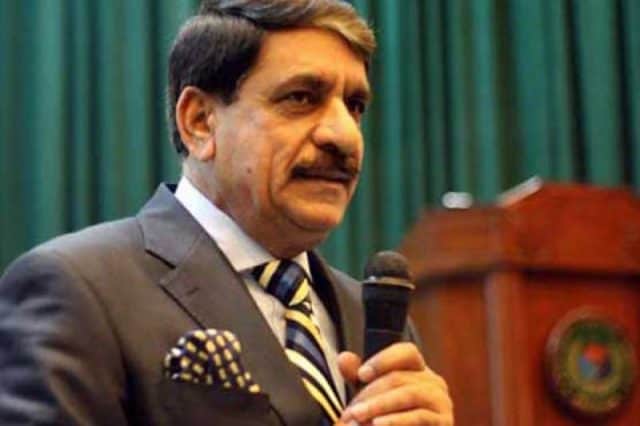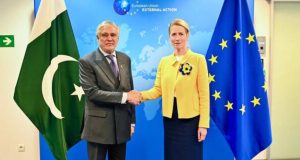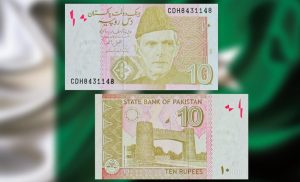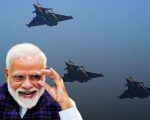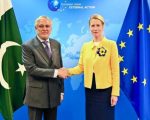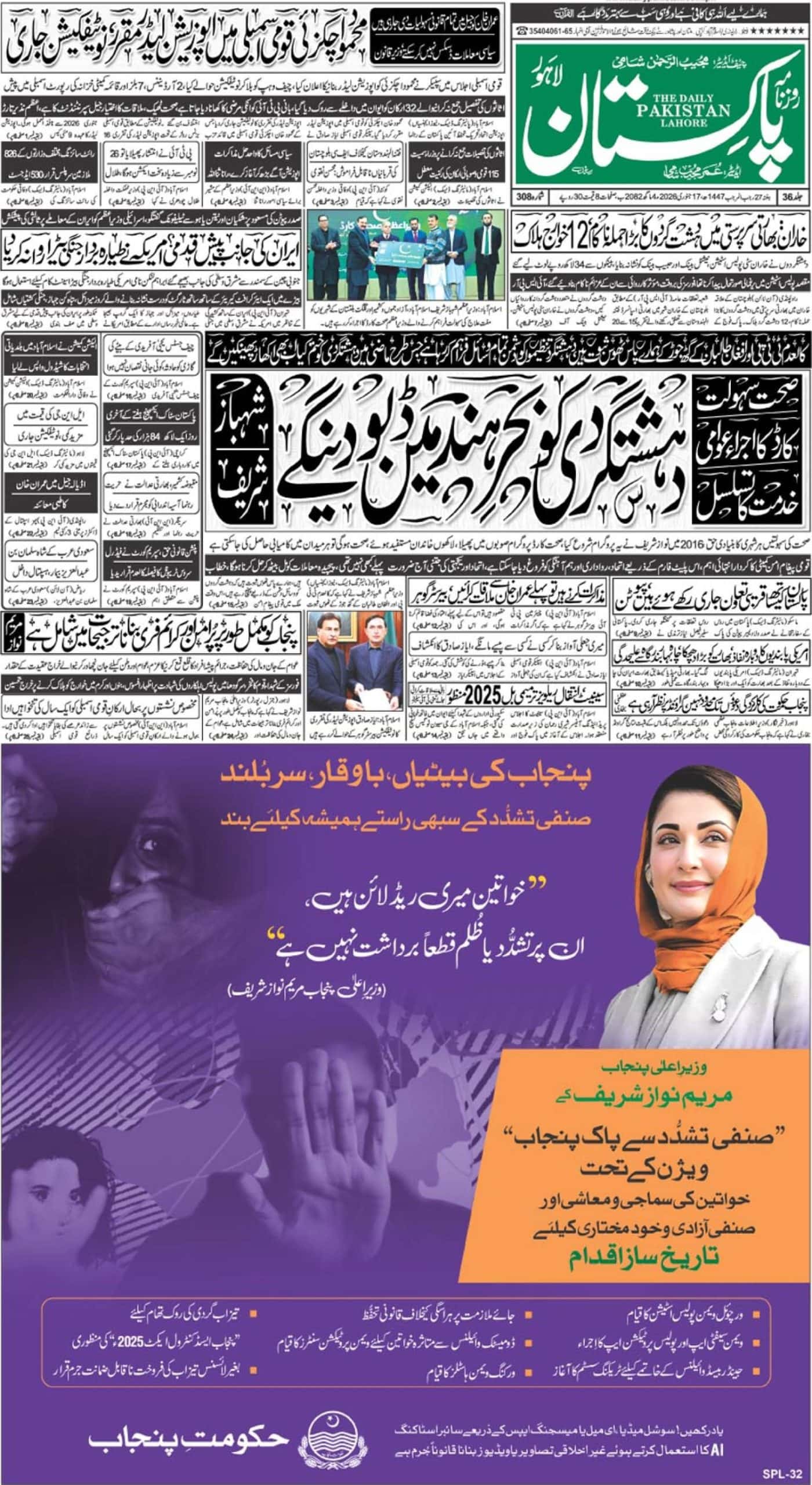ISLAMABAD – National Security Advisor (NSA) Lt-Gen (retd) Nasser Khan Janjua has warned that some world powers wanted to denuclearise Pakistan by taking advantage of its internal problems.
Briefing a meeting of the National Ulema Mashaikh Council presided over by Minister for Religious Affairs Sardar Mohammad Yousaf the adviser expressed that the same countries also wanted to undermine China-Pakistan Economic Corridor (CPEC).
Janjua was invited for an in-camera briefing on the internal and external security challenges as well as steps being taken by the government to streamline religious seminaries.
After the conclusion, the officials of the Ministry of Religious Affairs issued an official statement quoting the NSA as saying that international and regional states were against the multi-billion Dollars CPEC.
Gen Janjua did not name any country, but he was visibly referring to the burgeoning ties between the US and Narendra Modi-led India.
“The same powers are also against peace and stability in Afghanistan,” he claimed.
The security czar said current situation was demanding unity in ranks not only to foil such challenges but also to set the priorities of country straight.
“Apart from protecting our geographical and ideological boundaries, we need to keep an eye on our internal challenges,” he affirmed.
Regarding the role of seminaries across Pakistan, the religious affairs minister said soon some of the seminaries would be given college and university status, adding that students studying at these seminaries would opt to join Pakistan Army or police on completing their studies.
During the meeting, a unanimous resolution was passed to show solidarity with the Rohingya Muslims.
The participants demanded that Pakistan must consider severing diplomatic ties with Myanmar provided its forces keep on unleashing terror against the innocent Muslims.
They also urged the United Nations to take urgent steps to bring perpetrators of heinous crimes against Rohingya Muslims to justice.
On the occasion, the Ulema council also agreed to a code of conduct in order to ensure peace and tranquility during Muharram-ul Haram.
They agreed that Ulema from different sects would work for sectarian harmony and avoid making provocative statements during the holy month.

